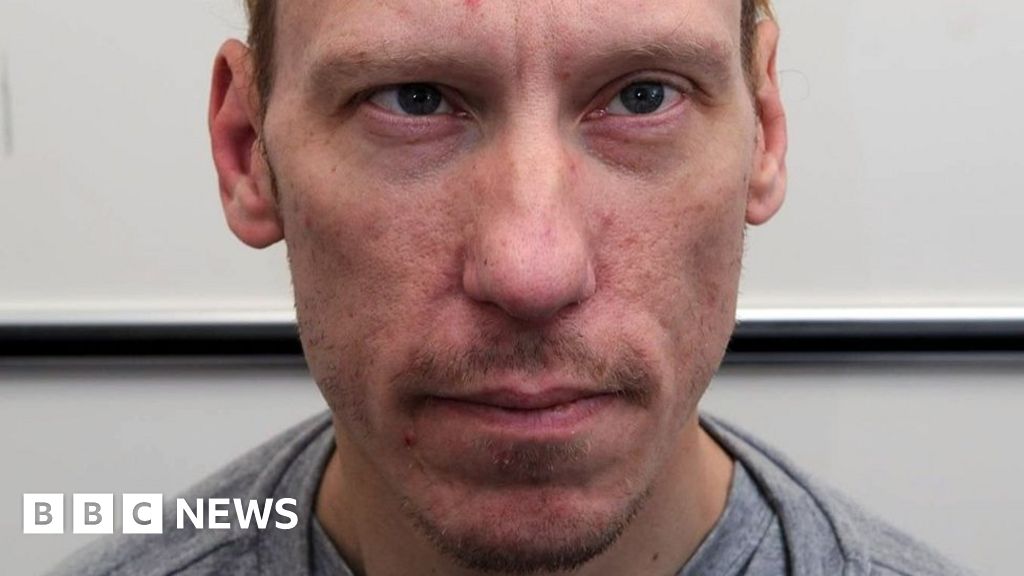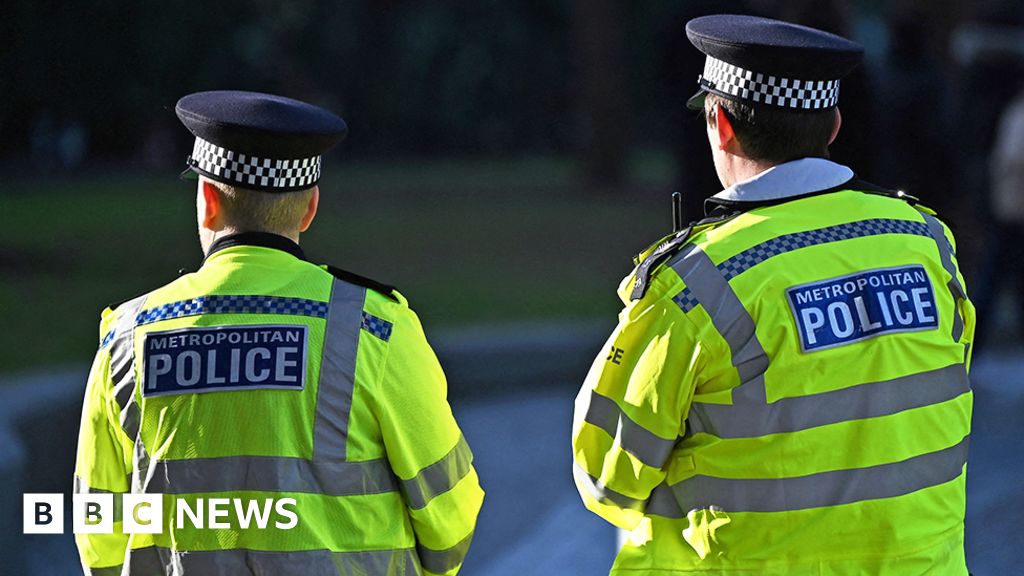- Joined
- Apr 3, 2023
- Messages
- 1,092
- Reaction score
- 369
- Points
- 352
- Ballots
- 🗳️0.000000
- DB Transfer
- 🔄0.000000
We already know about https://www.bbc.co.uk/news/uk-65015479 . It's bad. They haven't learnt for a long time despite all the reviews.
@Shortie this may be of interest to you as you're in the UK too.

@Shortie this may be of interest to you as you're in the UK too.
Metropolitan Police officers could be missing homicides because the force has failed to learn from mistakes in the case of serial killer Stephen Port, a watchdog says.

Met Police may be failing to spot serial killers like Stephen Port - watchdog
The watchdog says police could still be missing murders nearly a decade after Stephen Port's crimes.
www.bbc.co.uk
Between June 2014 and September 2015, Port killed Anthony Walgate, 23, originally from Hull; Gabriel Kovari, 22, from Lewisham; Daniel Whitworth, 21, from Gravesend, Kent; and Jack Taylor, 25, from Dagenham, east London, by giving them overdoses of the "date rape" drug gamma-hydroxybutyrate (GHB) at his Barking home.
HMICFRS looked at learning and future risks for unexplained death cases following the murders.
It identified five key failings at the Met in a report: a lack of training, poor supervision, "unacceptable" record-keeping, confusing policies and "inadequate" intelligence procedures.
HMICFRS's Matt Parr said: "It seems to me likely, if not certain, that among the deaths they do not classify as homicides, there are some that are homicides.
"The risk of a homicide being missed is way higher than it should be."
He added that, "possibly most concerning" is that "inexperienced officers are making crucial decisions when responding to reports of deaths which could impact on everything that then follows in the investigation, with mistakes potentially preventing specialist homicide detectives becoming involved"
Failures by the Met Police meant the deaths of Port's murder victims were not regarded as suspicious until weeks after the fourth victim, Mr Taylor, was killed, and contributed to the deaths of the final three victims, an inquest jury ruled in 2021.
These included not carrying out basic checks, not sending evidence to be forensically examined, and not exercising professional curiosity while Port was embarking on his killing spree.
"Several officers told us that linking deaths at a local level relied frankly on luck, there was no formal process to spot the similarities, to link deaths, and it relied on officers maybe talking to each other about the deaths that they've dealt with. We find that extraordinary," Mr Parr added.
Elsewhere, the report identified poor scene management and a lack of "professional curiosity", saying the majority of records "had basic omissions".
"Written witness statements, if taken at all, tended to be too brief and lacked important details," the report said.
"There was little evidence that officers completed house-to-house inquiries, took steps to establish the time of death or tried to find out who may have had access to the premises where the deceased person was found."
The report even described "occasions when money and drugs were found in a deceased person's possession at the mortuary, when officers had supposedly searched them at the scene of death".
There were also notably poor practices in the supervision of unexplained death procedures, including senior officers not turning up to supervise cases despite this being Met policy, and some having less experience than the officers who were asking for their guidance.
HMICFRS made 20 recommendations to the Met in six areas, including to:
- Make sure the death investigation policy and guidance are clear and easy to access
- Improve the quality and scope of training available to officers and staff
- Increase the use of intelligence by officers responding to reports of death
- The Source Link
- https://www.bbc.co.uk/news/uk-england-london-65415255



